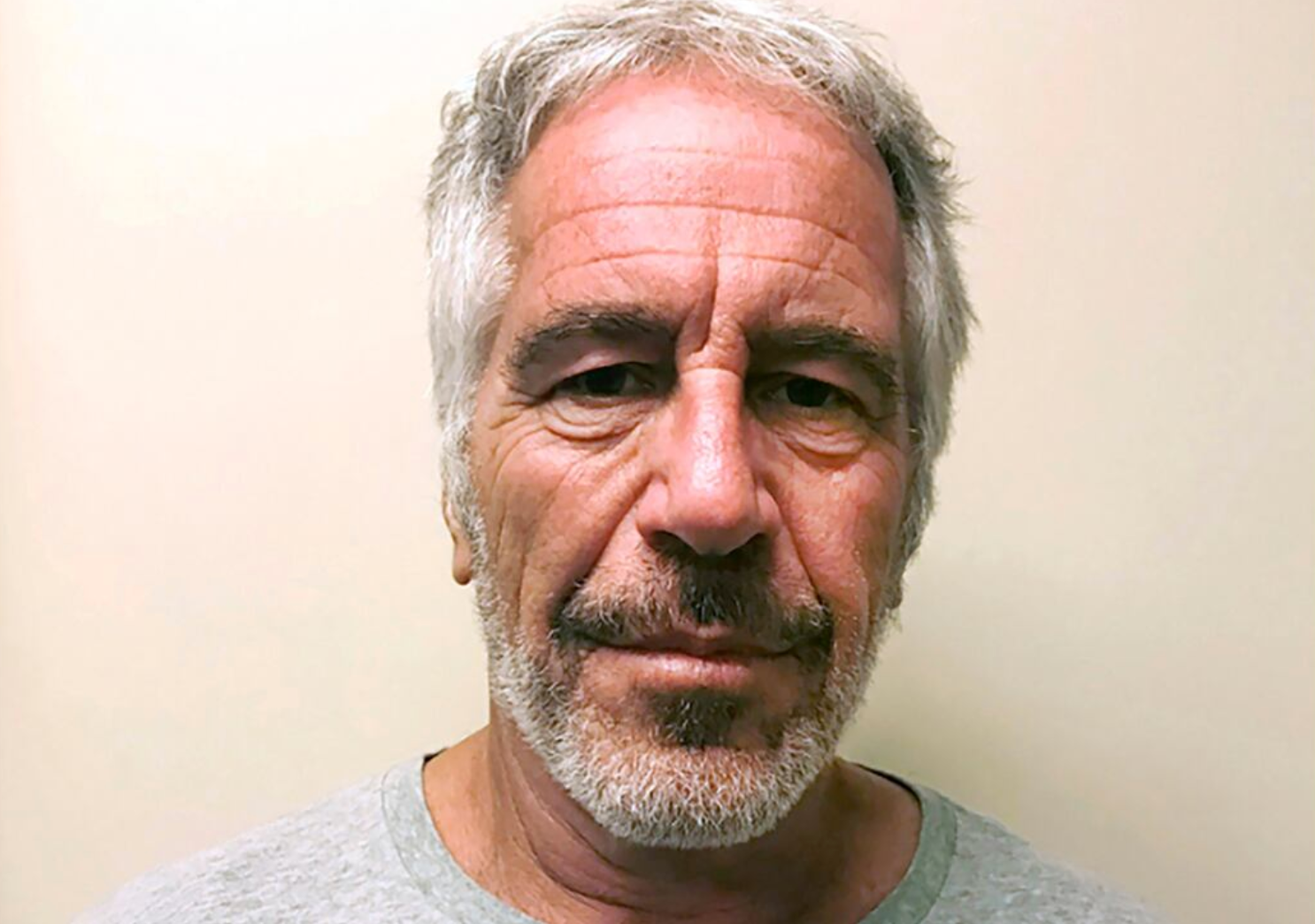"Pay to Play" for Private Prisons?
April 26, 2017
A Clear Example of Legalized Corruption
Today’s post picks up from a previous post, Crony Capitalism; Private Prison Stocks Have Doubled Since the Election.
We all remember the “Pay to Play” rhetoric from Donald Trump during the campaign. However, the Trump administration made a controversial decision last week to award their first federal contract for an immigration detention center to the GEO Group. As mentioned in the previous post
, a $100,000 donation by the GEO Group to Trump’s Super PAC may have violated federal. Private companies can’t make political donations while their contracts while holding or negotiating a federal contract. Then again, the GEO Group is unlikely to be penalized due to a technicality; one of their subsidiaries, which doesn’t have any federal contracts, made the donation.
Was there a quid-pro-quo for this newly acquired $110 million immigration detention center contract? There’s no evidence at this time, but the optics are horrible. Nonetheless, this type of decision was the exact scenario that Trump adamantly campaigned against. He was supposed to “drain the swamp.” He repeatedly pointed to the “Pay to Play System,” i.e. preferential treatment for Clinton Foundation donors. Now, he can be accused of the same kind of corruption.
Making matters worse, the Inspector General’s Office of the Department of Justice issued a damning report
yesterday about another private prison operator. Their office revealed clear corporate negligence at the infamous federal prison, Leavenworth, which is being operated by CoreCivic, formerly Corrections Corporation of America (CCA). CoreCivic compromised inmate and staff safety by understaffing and closing “mandatory” security posts. Remarkably, their company compensated, at times, by placing staff members who were not corrections officers into these security posts.
CoreCivic also repeatedly placed three beds into cells that were designed for two beds. Furthermore, their company tried to hide that decision from government auditors. There were other details demonstrating that this company prioritized profits over rehabilitation. You can view a condensed video of the Inspector general’s report:
Did this report impact the Trump administration’s decision to award the recent $110 million contract to the GEO Group? Again, there’s no evidence. And this latest report was years in the making. In fact, there’s no evidence suggesting that Jeff Sessions or the Trump administration considers the recommendations of the Inspector General’s Office in any manner. Otherwise, they would have not reversed the decision by the Obama administration to phase out all federal prison contractors, which was based upon a report
by the Inspector General.

For the last two decades, while U.S. forces occupied the country, Afghanistan has been the epicenter of the world’s opium production with roughly 90% of global supply. After American troops withdrew from the country, and with the Taliban in charge, Afghan opium production drastically declined. There were an estimated 6,200 tons produced in 2022, as opposed to 333 tons in 2023, according to the United Nations Office on Drugs and Crime (UNODC). That may surprise some readers as the Taliban have been credibly linked with the heroin trade. The UNODC estimated in 2009 that the Taliban generated $155 million per year from Afghan opium. They weren’t traffickers but they forced traffickers and farmers to pay a “tax” in their territories. Even though those were handsome profits, the Taliban were relatively a minor part of a massive black market worth then roughly $3 billion annually. History shows that the Taliban’s policy on opium has shifted from time to time depending upon their circumstances. An opium ban in Afghanistan seems to fall in line with the Taliban’s tyrannical fundamentalist Islamic modus operandi. However, it also benefits those in power. Several Afghan warlords derive much of their authority as a result from black market profits. Hence, whoever controls the opium trade, or lack thereof, in Afghanistan holds all the cards in a country where the average annual income is 378 US dollars. After the Taliban gained control of Afghanistan in 1996, they struggled to find international recognition. Therefore, the Taliban killed two birds with one stone when its former leader, Mullah Omar, issued an opium ban in July of 2000. That edict was beyond effective. According to UNODC estimates, Afghan opium production dropped from 3,276 tons in 2000 to 185 tons in 2001. The U.S. State Department even approved $43 million of humanitarian assistance for the Afghanistan government just months before 9/11 due to its strong counternarcotics efforts. After 9/11, the Taliban’s power decreased but didn’t cease. America installed a deeply corrupt transitional government. In turn, opium production escalated exponentially. America sided with militias entrenched in the opium trade who opposed the Taliban, such as the Northern Alliance. But, the Western media has only reported in drips and drabs about the U.S.-allied politicians/warlords who have been far more prominently involved in heroin trafficking. The corruption ran to the top. There are too many flagrant examples to list concisely, but notably, a man carrying 183 kilos of heroin was released by the police because he was carrying a signed letter of protection from Afghanistan’s drug czar, General Mohammad Daud Daud. Wikileaks revealed that former President Hamid Karzai once pardoned five police officers who were captured with 124 kilos of heroin. Even Hamid Karzai’s half-brother, Ahmed Wali Karzai, was a known drug smuggler who had been on the CIA payroll for years. Practically the entire Karzai administration was on the CIA’s payroll all while the agency knew these officials were drowning in drug money.








